Roll Over and Die: A Lack of Challenge and Consequences

Ach ja, this post might have been a long time coming, mostly because the absence of it until now speaks more to my general viewing and reading habits than my opinions about said topic. So, let’s sit down, pour yourself a nice cup of tap water and listen to me rambling a bit about the “generic light novel fantasy” at the example of Roll Over and Die: I Will Fight for an Ordinary Life with My Love and Cursed Sword!.
Now, normally, this pleasure would only be sparked by something that really earned itself the honor of being ripped to shreds by yours truly, but Roll Over and Die is not it. There is nothing that specifically annoyed me or actually warrants this very post about it from the perspective of its actual content. In fact, one might argue that it is simply catching strays due to being in the crossfire of way worse offenders. But ironically, this is the very reason why I want to write this post. Reading it, there is nothing for me to talk about… so let’s talk about this nothing, about the absence and negative space that is the majority of the first volume of Roll Over and Die.
But before I actually start talking about it, just one short further ado: Reading the first volume took me so much time. For light novels, I normally burn through them in a couple of days, maybe a week at max. I didn’t keep track, but I think this one took me a bit more than two weeks, literally because it put me to sleep. I tend to read at night in my bed, so I tend to continue to read until I feel myself falling asleep… and I tell you, this one functionally served as a sleeping pill, because nothing in this story makes you want to stay up and continue. So at times, I couldn’t even finish a single chapter, because I was out like a light halfway through. Take this information however you want.
When I say “generic light novel fantasy”, I am aware I am a bit disingenuous. Even when it is not hard to guess what exactly I mean by this, especially when you have read your fair share of them, such broad generalizations are seldom useful for discussing them critically and ignoring their differences makes it harder to understand why they are still put into similar boxes despite them. Doubly so, because “light novel fantasy” has in itself some well-defined and broad sub-categories. You have your classic isekai, reincarnation and regression type of story, then there is their twin, the “I can’t believe it is not isekai” type, which sprung from the LitRPG genre and every now and then, something that actually resembles more classical fantastical origins. Genre-wise, we have the full breadth of your typical action-adventure to series that reject this premise (Ironically, most series with “Slow Life” or similar in their title tend to be the first one), but also a lot that use their fantastical elements mostly as a backdrop to become simple dramas, romances or even just comedies… or ecchi harems. Lastly, trope-wise, we got every possible kind of monster and monster-relationship under the sun, settings like magical academies, entire kingdoms and quaint villages, but also old reliable classics like “Skill everyone thinks is bad is actually incredibly overpowered” and every kind of revenge-fantasy for every kind of reason you can think of. For what it is worth, if you are into something very specific, you have a non-zero chance to find what your heart desires.
Where would I place Roll Over and Die on this landscape? Well, the initial story hook was Flum getting kicked out of her party and sold into slavery, but no revenge plot so far. It then turns into normal adventuring for a bit, the world doesn’t really run on video game logic, but there a things like items and stats and the end goal, as stated by the characters, seems to be a romance with a comfy easy live (I have no doubts it will actually stay an action-adventure series for the foreseeable future).
Does any of this matter? Unless you find some intrinsic value in something, these things mostly mean nothing under a critical lense. I don’t mean it in a way that I think every story can turn out fine if only well enough executed upon, but rather that most plot points, tropes, etc. simply exist when stripped of their context. This gets especially noticeable when a story tries to justify itself for its content and I think this is something a lot of people try to argue about too much under the guise of internal logic and realism. If one has a problem with a character being overpowered, does an explanation change anything or nullify the criticism? If a character keeps their slave status, despite being freed, what will affect the reader more, the dissonance in writing or apparent moral values? What I am saying is that you can easily and rightfully dissect this series for its genre trappings and lack of, for a lack of a better way to express it succinctly, decent writing, as well as how I personally don’t vibe with most of what the story presents, but I think it suffers from a more fundamental issue which would still make it a hard read, even if everything else were to be “fixed” according to my personal liking.
Also, if you thought this post has properly begun already… nah, I am at that point where the preamble has to hit a thousand words first… I swear, someday I will actually try to structure these posts properly. Alas, with the one ado finally out of the way, here is my main takeaway.
It took me some time to realize, but Roll Over and Die seems to be allergic to the idea of any kind of situation that might evoke a genuine “negative feeling” in the reader. The story can become quite violent and gory at times, but I would only count these scenes as superficial shock value. What I mean is that nothing of actual substance is allowed to happen that presents itself as a problem for longer than any given chapter lasts. Essentially, despite the things happening in the story, the way it is written constantly makes everything safe. What could create anxiety, nervousness or uncertainty, and by extension fun through engagement of the characters and story, is constantly diffused and undermined, as if being uncomfortable, either in-universe or as a reader, needs to be prevented. The biggest problem is that the only way Roll Over and Die is apparently able to make it happen is by removing anything challenging and ridding the narrative of consequences.
Let me summarize parts of the story of the first novel to exemplify what I mean: Flum is chosen by the major religious institution to join the hero’s party, despite living a normal happy life with her family and possessing zero stats across the board. This decision means nothing to her and isn’t questioned or argued against. After she is sold into slavery, it is quickly revealed that it was solely the plan of this one obviously bad guy, relieving the entire rest of the party of any kind of guild. Also, the only negative effect of her not being in the party anymore is a lack of good food and tea, meaning humanity probably continues to be safe. The story basically glosses over the one week she was a slave, before Flum immediately frees herself and Milkit and comes into the possession of a powerful sword. Becoming a slave also means being branded in the face, so everyone still recognizes Flum and Milkit as slaves, despite being technically free. This fact has basically no material repercussions, they aren’t really denied any services, the worst they face are some mean looks from a couple of passerby and they are under the assumption that they can on seek work in a bad part of the city, where they are then tricked into fighting monster beyond a beginners ability. They obviously have no real problem fighting them and even get reimbursed for the rare loot they collected, effectively solving all their money problems. Seeking lodging, they also stumble upon a nice man that has no qualms about housing slaves and even cooks for them. Unsure how to find work, the work finds them in the form of a rich merchant tasking them with finding a specific flower for his dying wife, which he can’t procure through official means. On their journey, they are accompanied by a nun, who has no qualms about neither Flum and Milkit, nor the specifics of their task going against religious dogma. When cornered by a strong monster, Flum conveniently remembers a skill that makes her stronger and later finds equipment to eventually best it. When weakened by the encounter, the demon that shows up is not hostile and helps them. As a reward for finding the flower, they are given a house, which was occupied by one of Flum’s former party members, which also just so happens to be possibly the only person capable of curing Milkit’s poisoned skin with the specific herbs they also randomly found along the flower.
Literally every challenge they face is quickly dealt with almost immediately and every single action they take has no meaningful consequences. Again, my main gripe is not that most of it makes no in-universe sense, seems either oddly convenient or convoluted and lacks any kind of interesting ideas, but that even if this were not the case, it would still be meaningless from a purely storytelling perspective. Essentially, nothing in this story matters. If the solution to a problem is straightforward, we do not learn about how a character would approach something that is beyond their known capabilities. They stay static. If an action has no consequence, we do not get a feeling what a character values over another. They stay hollow. It also makes characters solely reactive with no agency on their own, which, in general, tends to be really boring to read about, as it most likely doesn’t challenge the reader’s assumption about how the story should progress.
This is essentially the line I want to draw in what separates the good and the bad, especially in terms of “generic light novel fantasy”. It is easy to see what makes, for example, Re:Zero so engaging in contrast. Subaru’s “Return by Death” ability is mechanically the reason he can solve the challenges the narrative throws at him, but it is both how he uses this ability, as well as how he changes due to it, that is the meat of the series. The ability will give him cruel checkpoints so that he can’t undo certain actions and the matter of his survival and eventual progression is seldom to try out a bunch of different things and figuring out what works, but rather developing as a person until he tries something that he would have never tried before his character growth. At the end of every arc, Subaru ceases to be the person he was before, which I think is interesting. And it is interesting, because the series allows itself to become messy at times and to act out.
The worst kinds of series turn out like a predefined playthrough of a video game, instead of a fully interactive experience for the characters, where everything could happen. You enter it and it is not allowed to be subverted, which is unfortunately where I see most of the “generic light novel fantasy” stories. After the novelty of the premise has worn off, what is it you are truly left with? An actually fun world and characters, or simple building blocks carelessly mashed together to appear like them? I don’t want to believe that most stories are written as power-fantasies or escapism, but with how some of them refuse to stop being safe and engage with the entire spectrum of available human emotions, it gets harder and harder to have any semblance of trust in the majority of these works. After all, it would be a hard pill to swallow to imagine hundreds of authors to spend their time filling page after page, only to settle on something indulgent everyone could make, instead of writing a story only they could create.
It feels like, by refusing to engage in challenges and not being open to consequences, the heart and soul is locked up and as a result, the reader is unable to wonder and be amazed. I may not have been the biggest fan of Chitose Is in the Ramune Bottle, but it at least gave me something to talk about. Sexiled wasn’t good, but it at least had a point to make. Hell, even Mushoku Tensei, for all its flaws and weirdness, has clear ambition under its generic surface. But Roll Over and Die? It can only be talked about in the sense of how similar I imagine it to be to the least interesting entries of its genre and how I spent probably more time thinking about reading it, than actually reading it, because I was constantly mentally occupied by how unstimulating it was to read about the equivalent of a puzzle game, where the safe is right next to the key that opens it, especially when I don’t even care what’s in it or there being a 50% chance of it to be empty anyways.
So yeah, this whole post is basically me saying that this story doesn’t even pass a very basic writing hurdle and is probably exemplary as to why I don’t have much trust in similar stories. Honestly, I probably didn’t need to write so many words to make such a simple point, but over-explaining my thought process is the bread and butter of this blog… which is why I will actually talk about some of the specifics of the story.
Remember how I wrote that most things don’t really mean anything, unless you find intrinsic value in them? I actually really like how Flum’s ability works from a mechanical perspective. Essentially, it reverses any effect applied on her and since all her stats are zero, the only way for her to get stronger is to find and equip cursed armor and weapons, which would normally lower your stats, but increase them for her. The ability also flips status effects, so while a normal heal spell destroys her body, the “body melting” debuff of her sword becomes an auto-recovery. It is just a shame the first novel barely touches upon this. Flum finds gauntlets early on, which only increase her stats, which doesn’t really translate into anything really, because stats are meaningless, actually, and later equips a pair of shoes with a freeze effect. The story is clearly aware of its options and possibilities, as Flum initially wondered what the reverse of a freeze effect would even be and at first checked whether her body would increase in temperature, which would serve as a smart balancing element, as not every debuff would automatically turn into something useful and maybe even inflict a time limit or another drawback to the stat boosts she receives… by the way, turns out the reverse effect is that her sword now freezes over the wounds it inflicts.
Speaking of Flum, despite being the focal point of at least 90% of the volume, I am amazed how she barely counts as a character in my book. Due to the way the story has to frontload most of its premise at the start, we don’t really learn what kind of person Flum was before she was kicked out of her party, she only references interactions she had with other people and her thoughts are basically only limited to the direct threat in front of her. The only two well-defined personality traits are her… devotion?.. fondness?.. towards the girl she randomly saved and her rather quick judgment about whether a person deserves to live or not, á la judge-jury-executioner-style. Milkit is… fine, considering she is absent most of the time. I like how the dialogue with Flum and her way of speaking clearly show how she lived her entire life in slavery, does not know what to do with her new-found agency and is generally really self-deprecating about herself and does not belief she has any worth beyond her ability to work… which gives the relationship with Flum a very weird vibe, considering the two are essentially acting out a master-servant dynamic. Lastly, there is Sara, the 10-year old nun, which is just… I know age is actually just a number and basically arbitrary in fiction, but… just imagine yourself when you were ten… didn’t even have had the time to develop chuunibyou yet. What side characters are concerned, most of the party members barely get a few lines, I personally don’t care all that much for the lolibaba witch and the hot demon lady only appears one time, shows her tits and immediately leaves.
What surprises me the most is how different the general reception seems to be to my feelings for the series. I initially picked it up as a recommendation for a girls love series, which in hindsight is so funny, because, at least what the first volume is concerned about, it is only girls love in the way Flum and Milkit show the minimum amount of affection one would expect between two main characters. Sure, the bonus chapter, which was actually by far the best content of the volume, starts going there, but I would be hard pressed to call it girls love. Beyond this one aspect, I have seen mostly unanimous praise for the series. The reviews I read and watched all applaud the atmosphere and how it handles its “less pretty” elements, MAL currently scores it at a decent 7.65 and it is even receiving an anime adaptation. The last one is actually the most surprising part, because the series only lists four volumes and is effectively on hiatus since 2020 (Though a new one is apparently set to release at the end of this very month), so I would really like to know the thought process behind this production decision.
I don’t think it happens all too often that I seem to be the odd one out in how I receive a specific piece of media, but Roll Over and Die genuinely baffles me. It is not the presence of elements that make me actively dislike it, or even the absence of elements I intrinsically would enjoy in a story, but rather my genuine belief that the story is simply not told all that well, which makes me question what other people see in it. It can’t be that other people solely care about the individual things they enjoy and completely disregard stuff like structure and flow, right? Whatever the reason may be, this is where I fundamentally stand on the topic. For me, Roll Over and Die was a drag to read and I don’t have anything interesting to say about it, beyond furthering my agenda of shit-talking stories I don’t even read.
Roll Over and Die: I Will Fight for an Ordinary Life with My Love and Cursed Sword! is available from Seven Seas Entertainment.
Related Posts
Comments
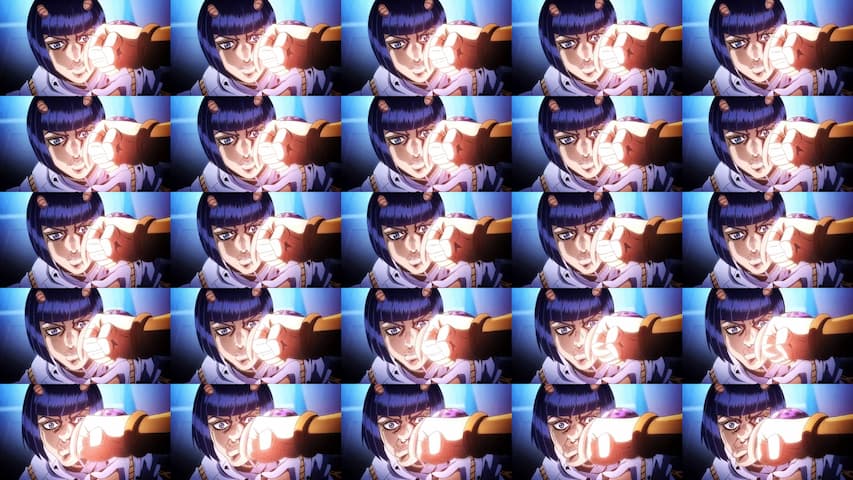
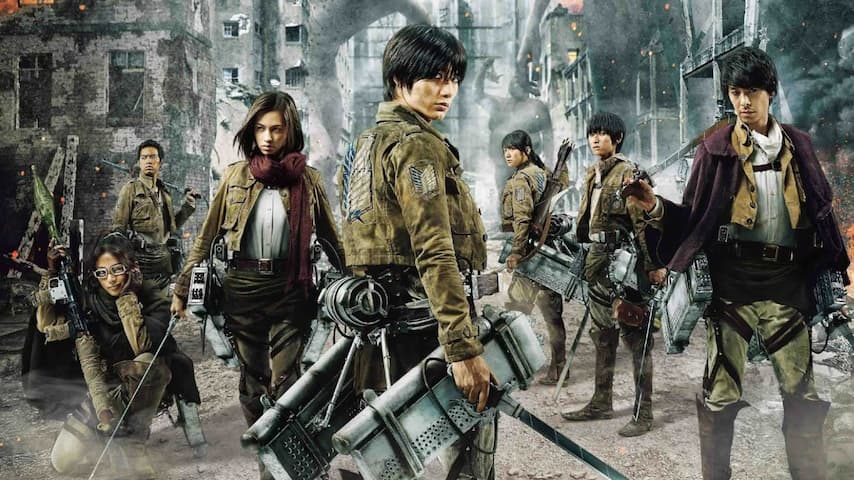


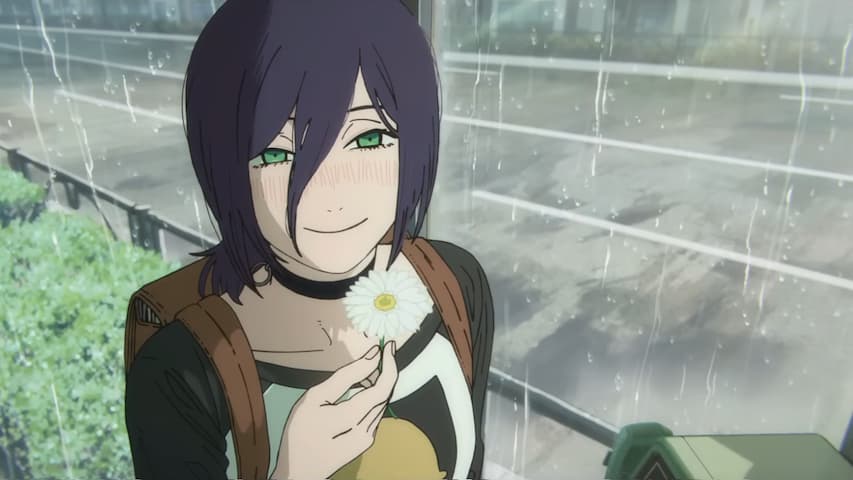
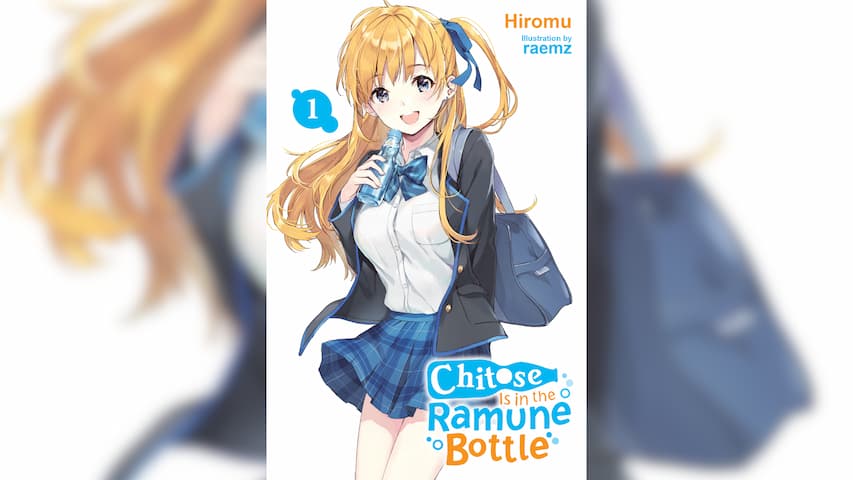

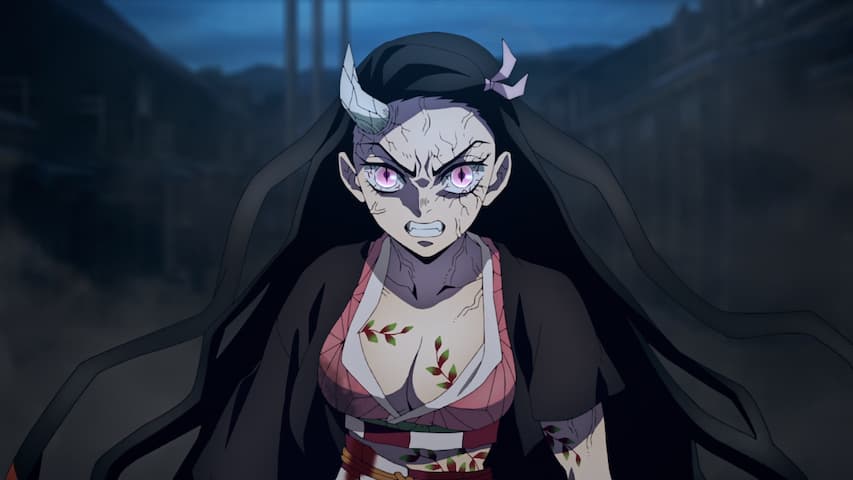

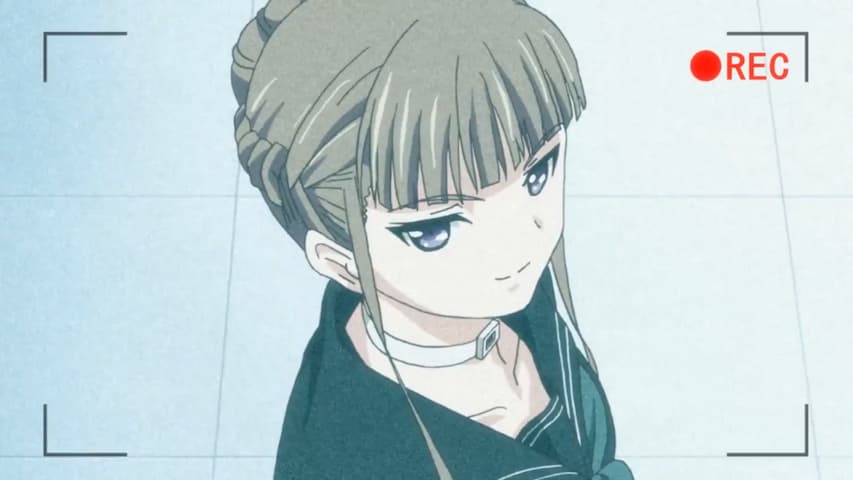
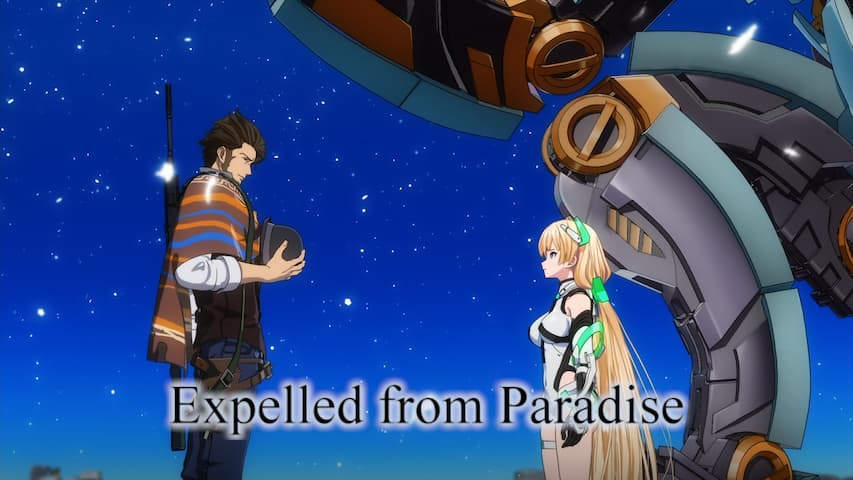
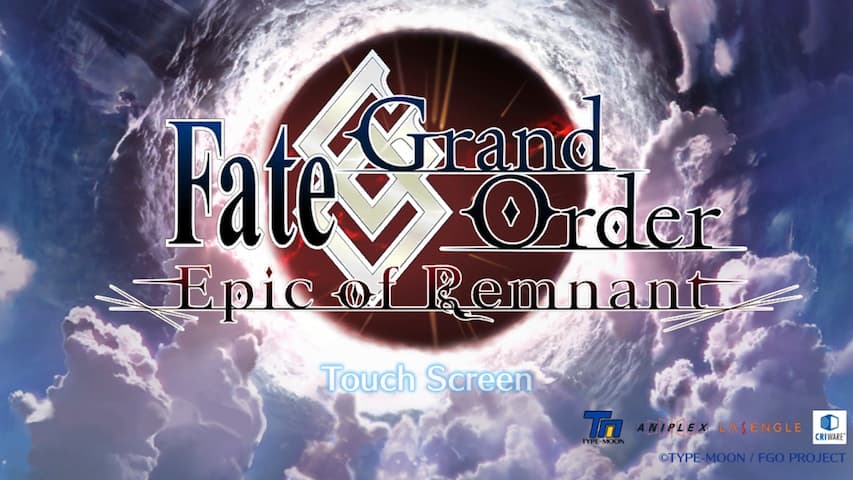

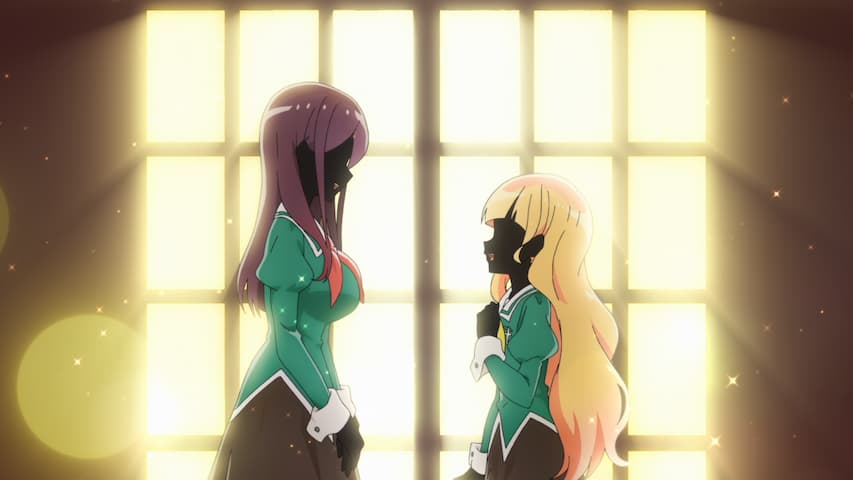
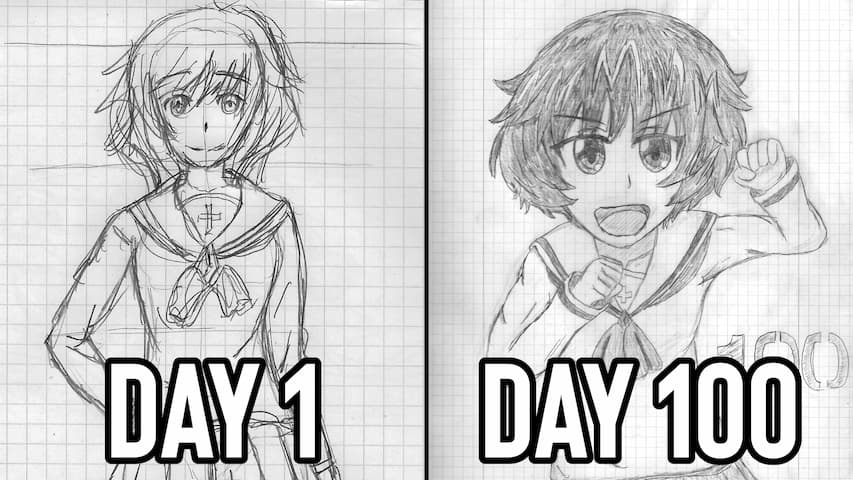
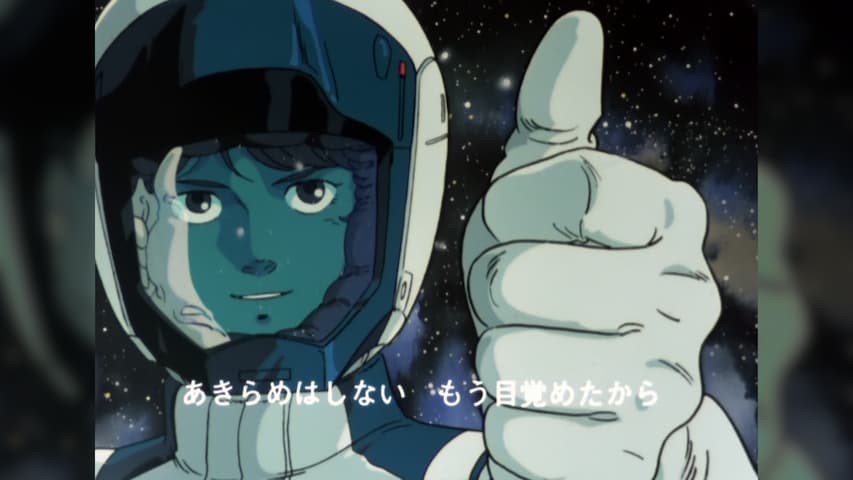

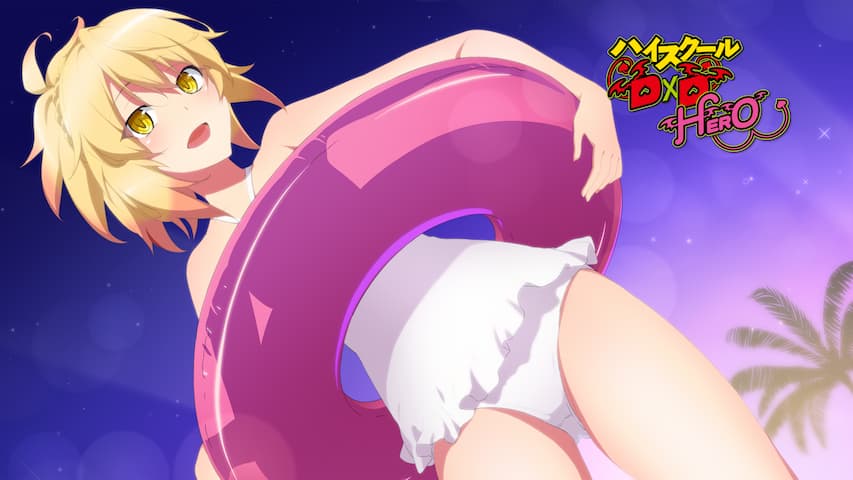
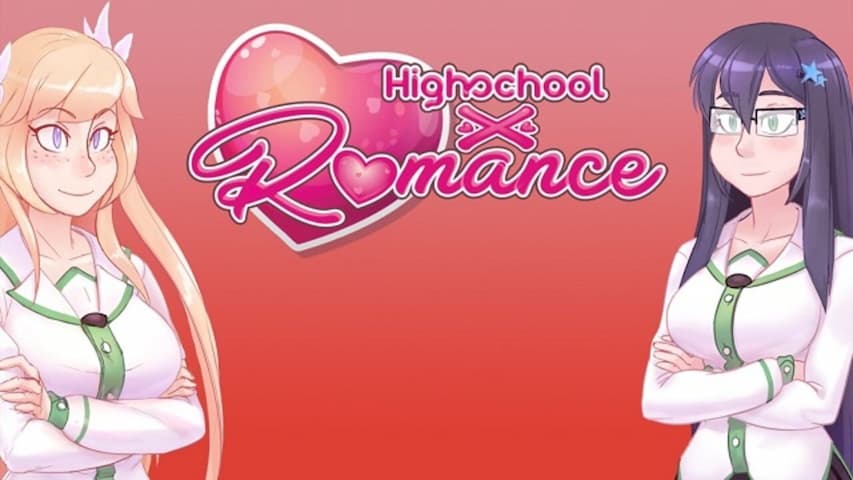
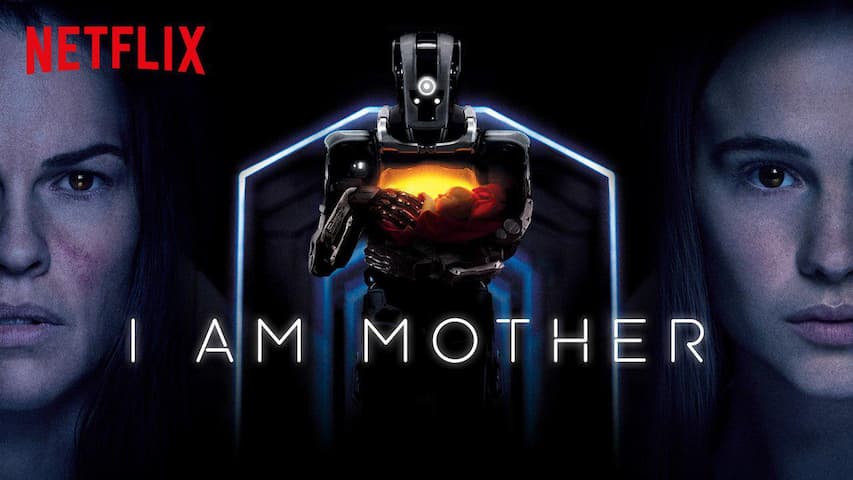
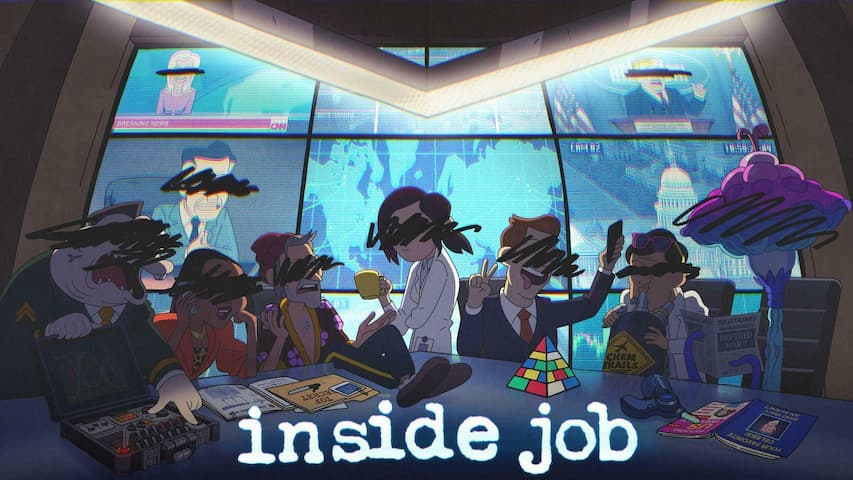
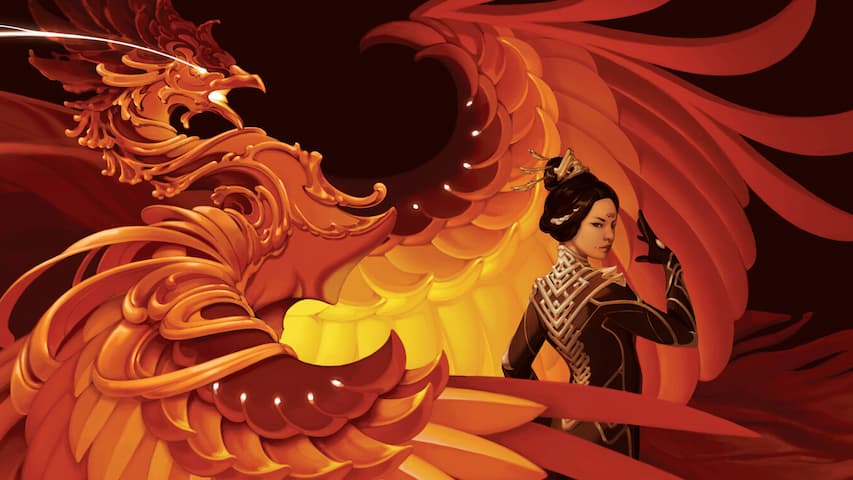
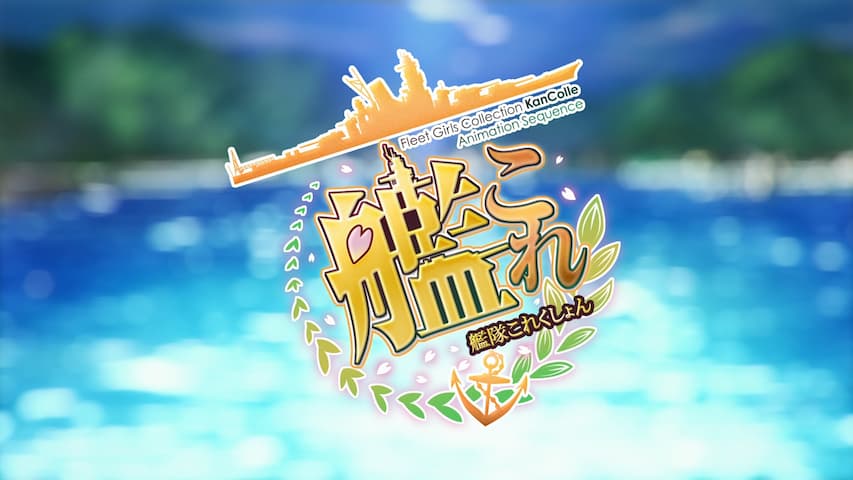
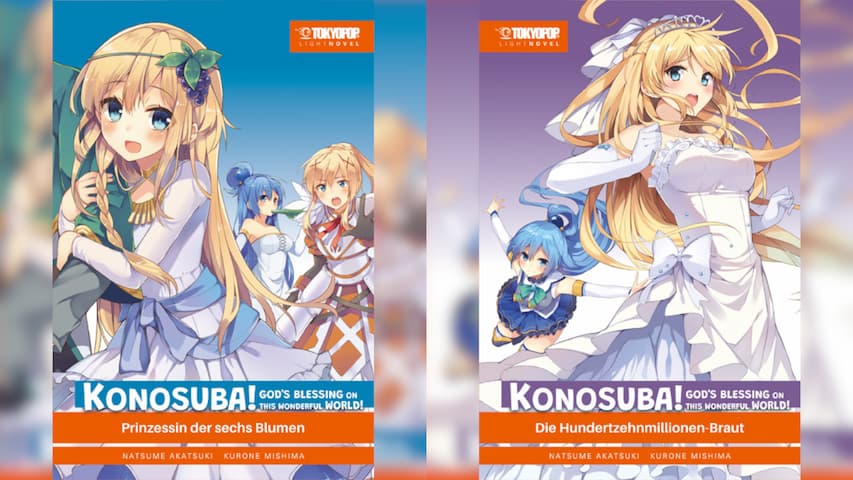
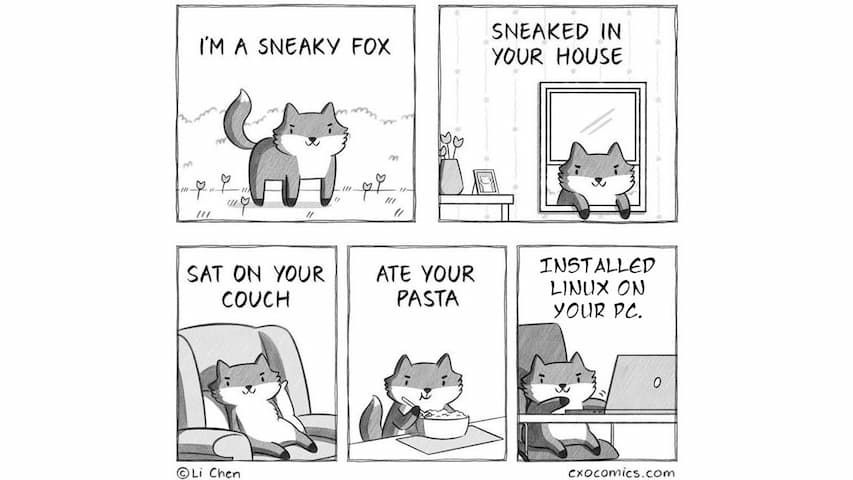

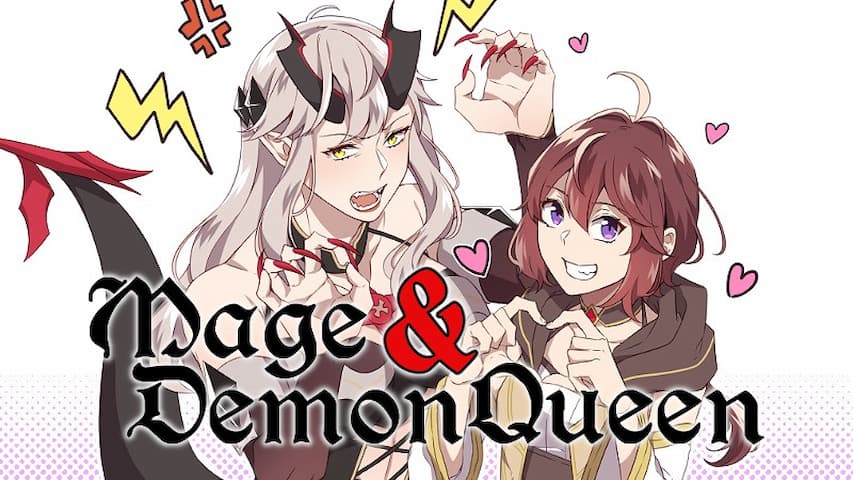
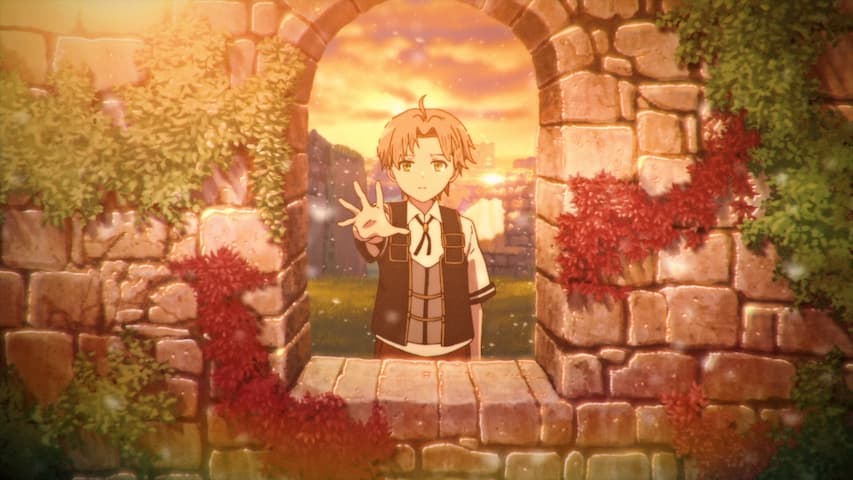

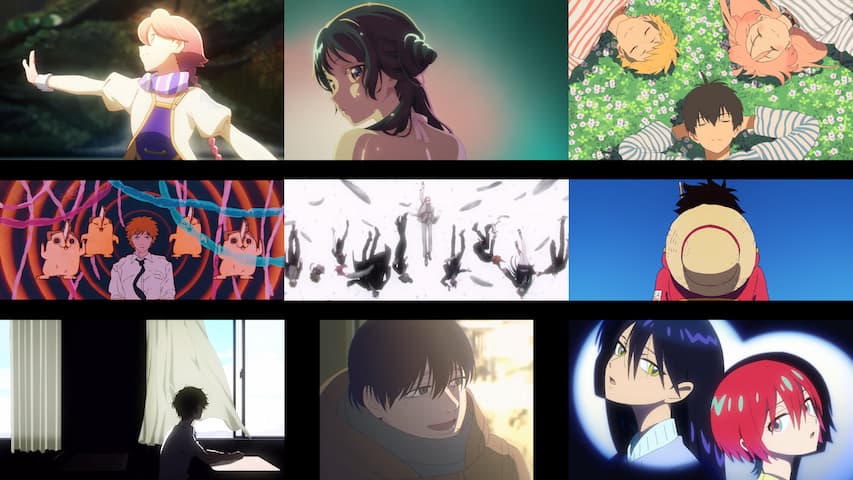
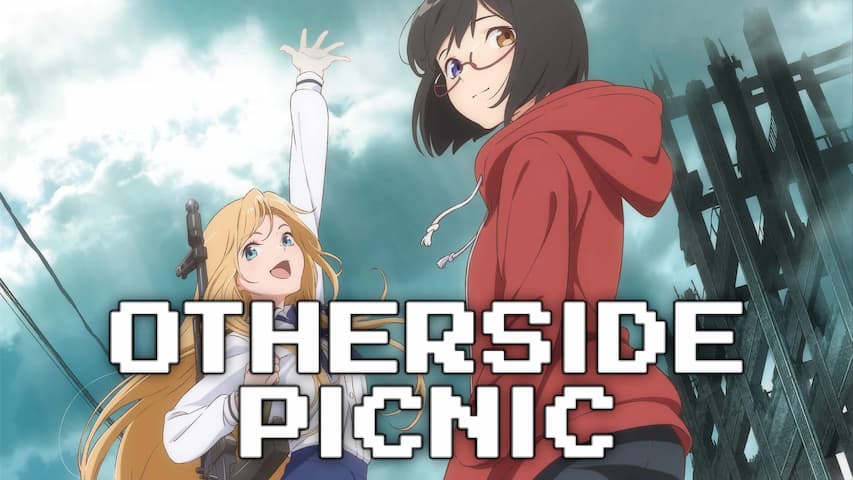
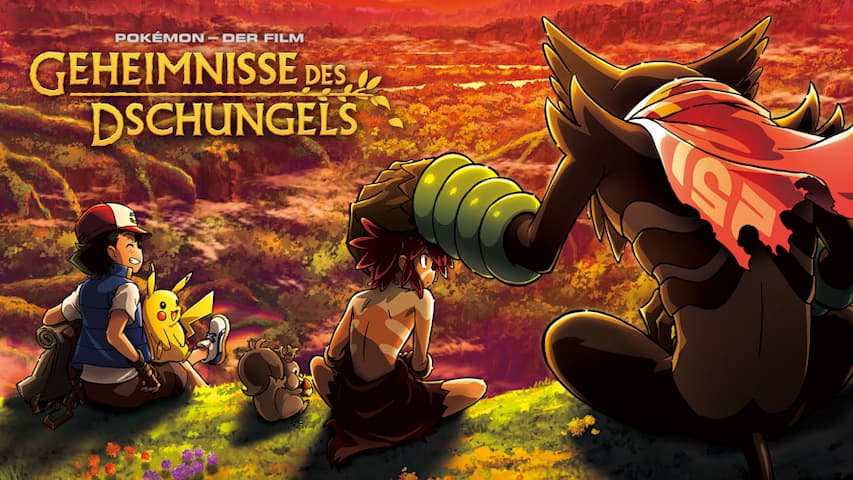
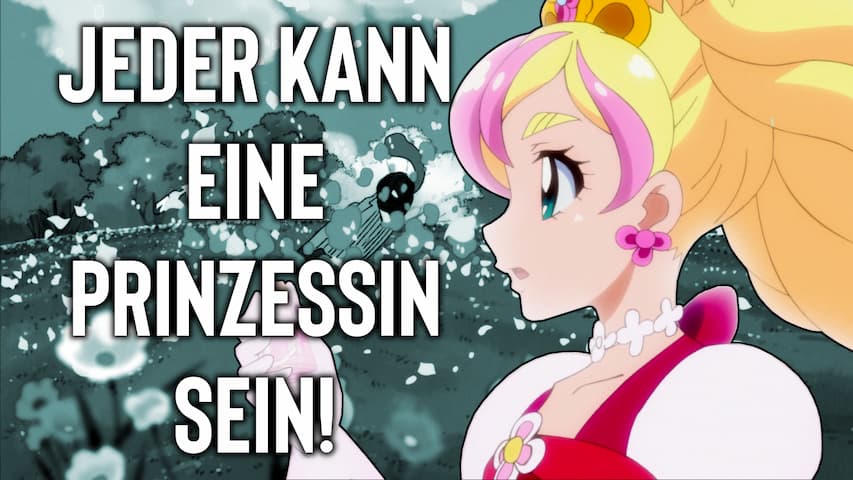
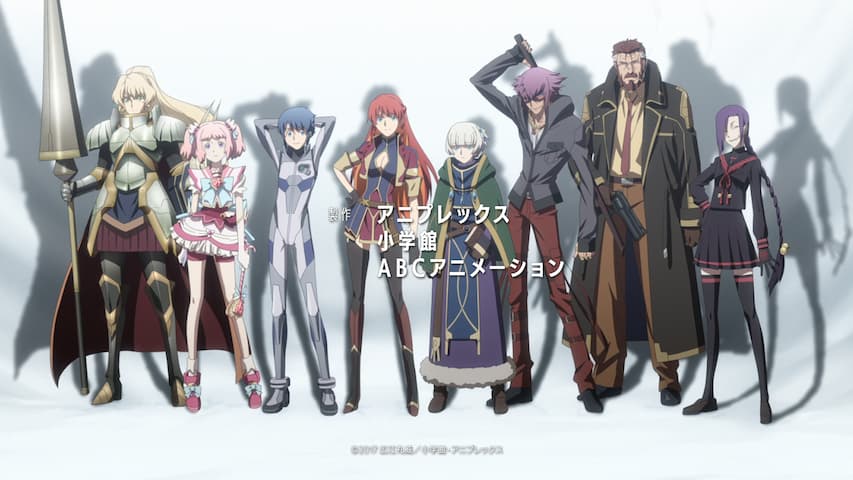
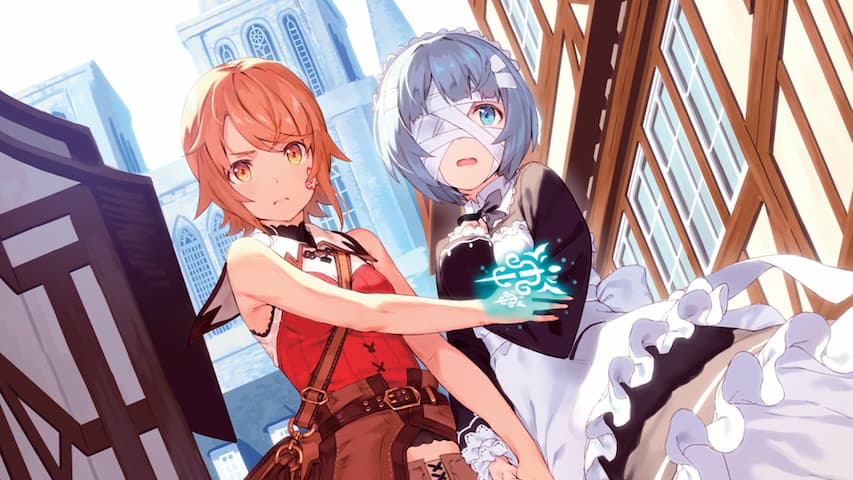
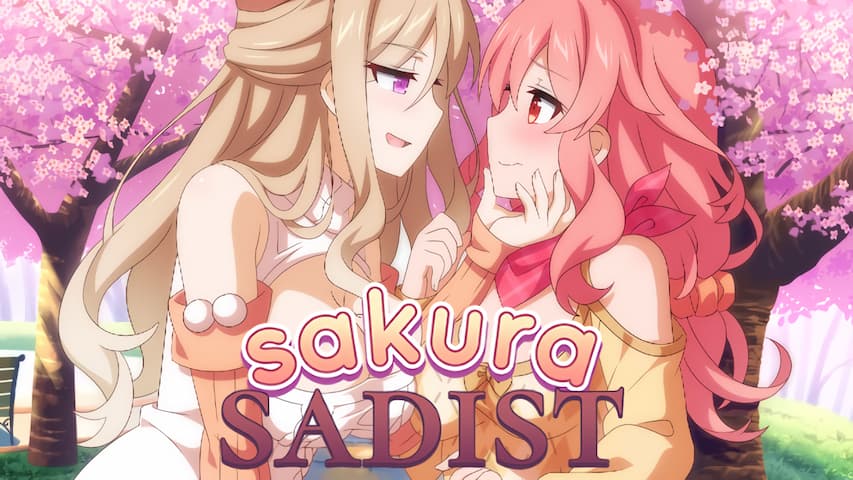
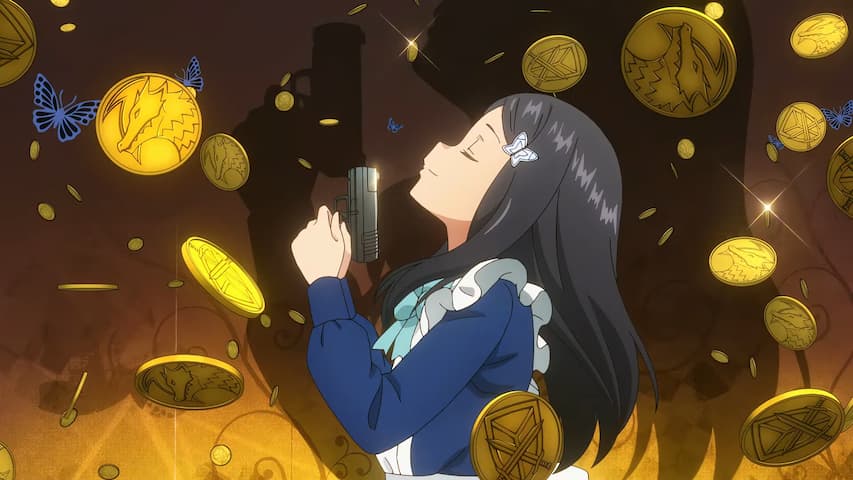

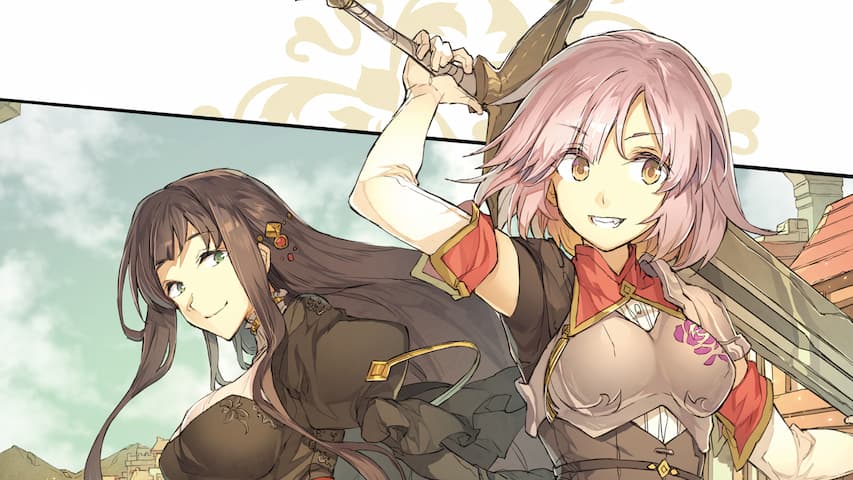

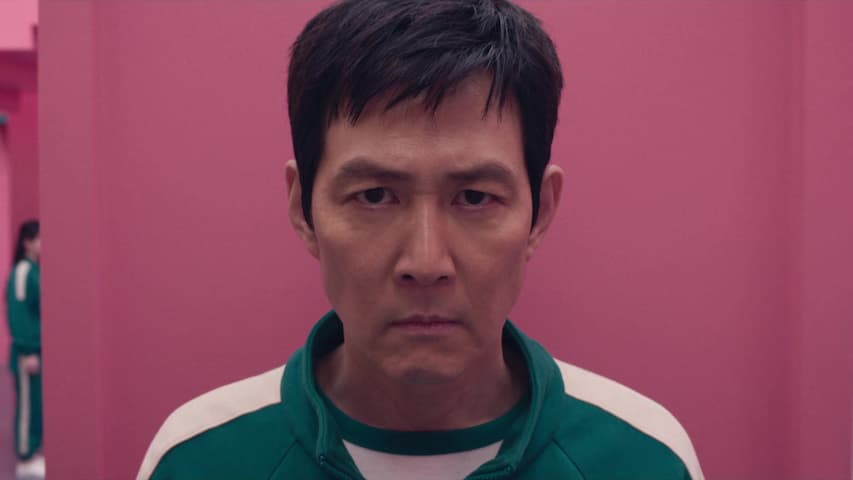
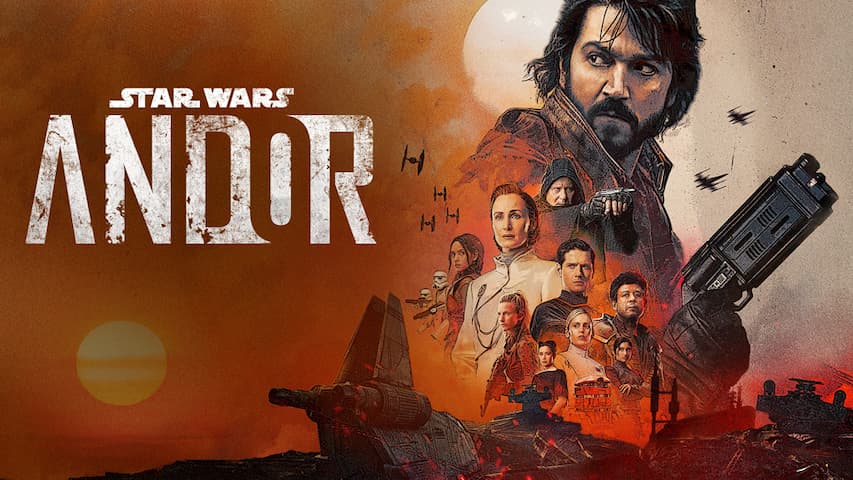
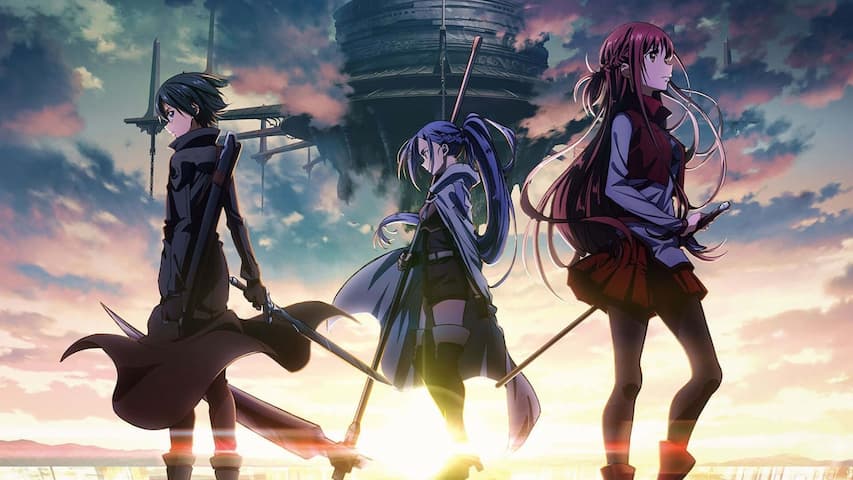
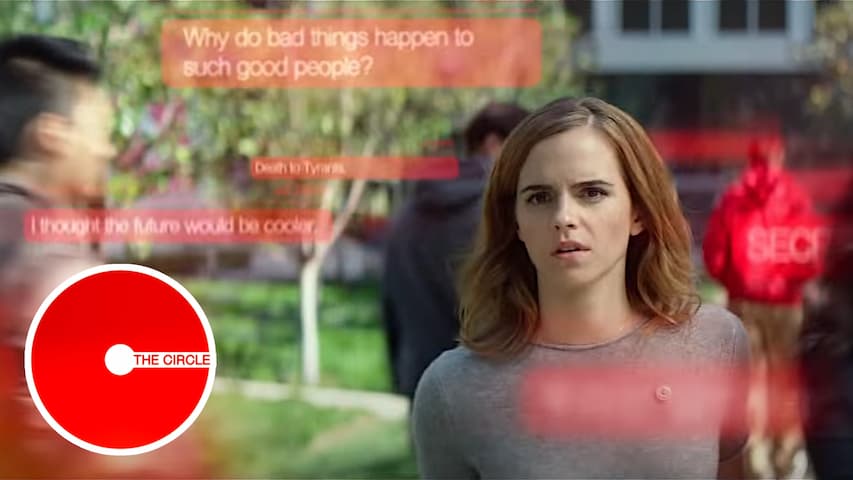
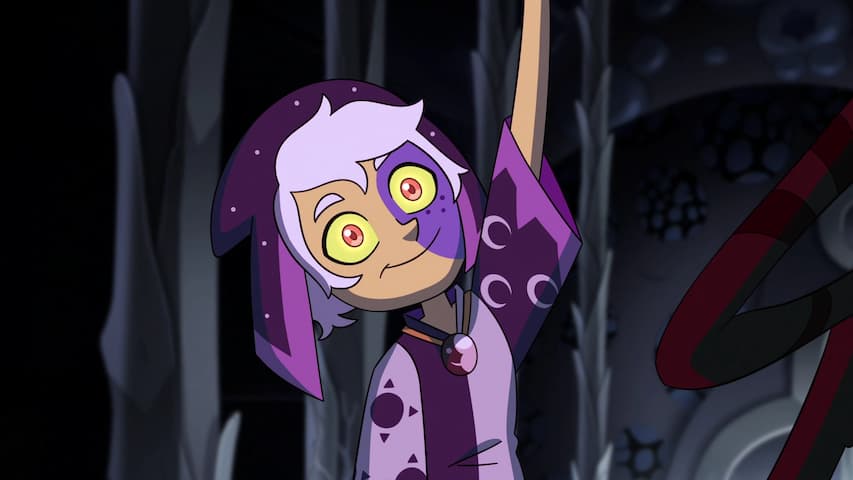
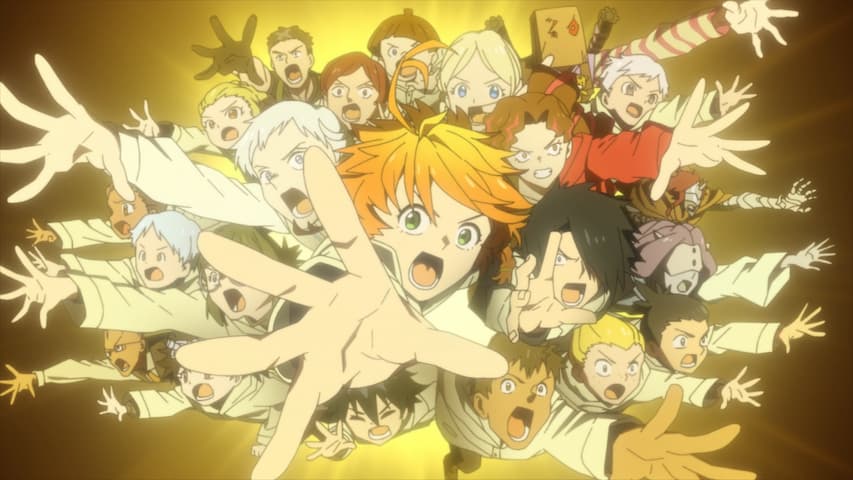
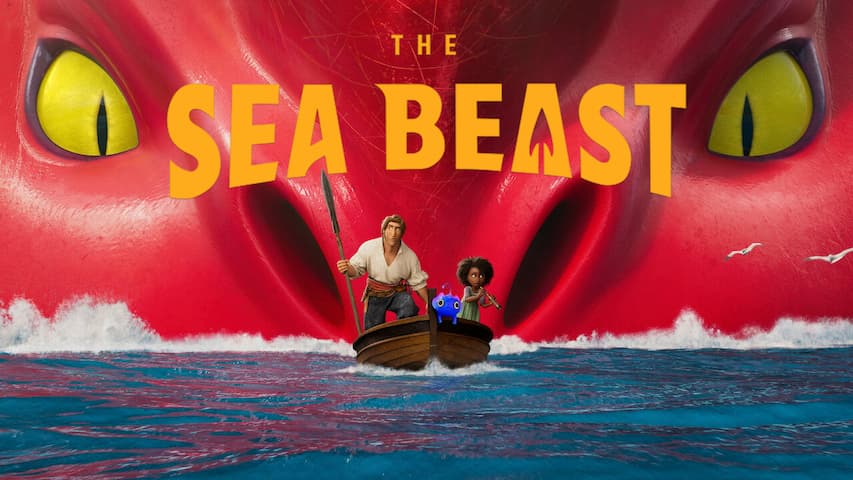
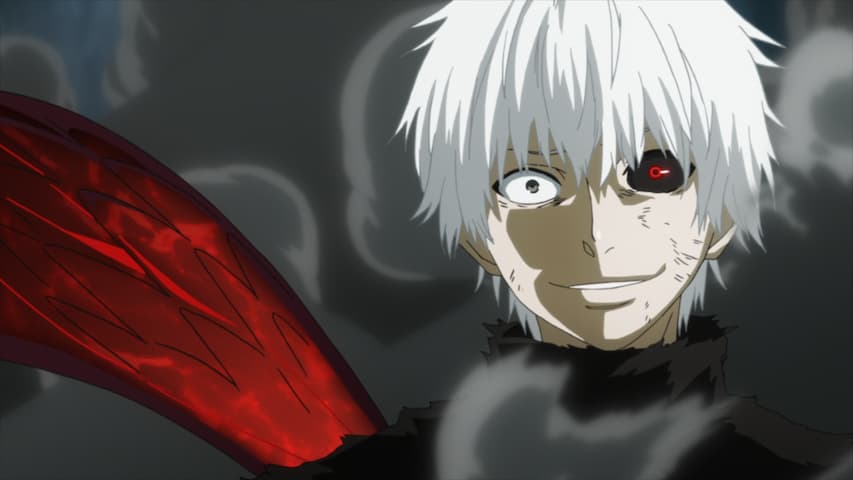

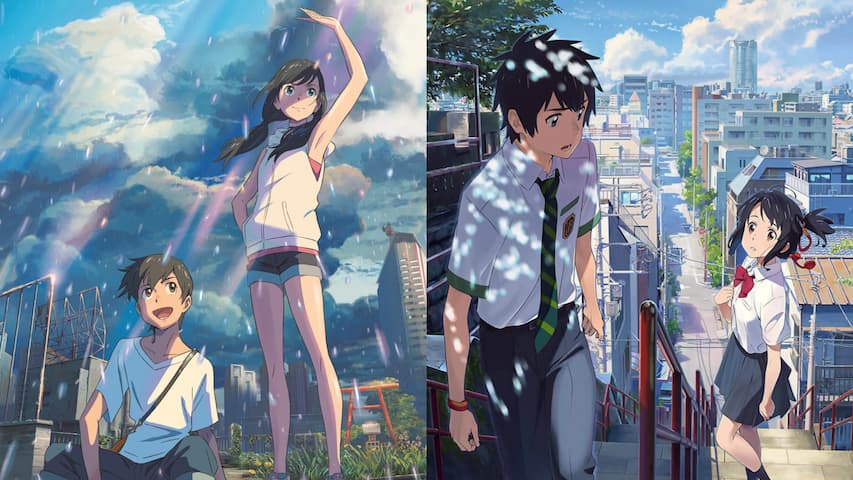


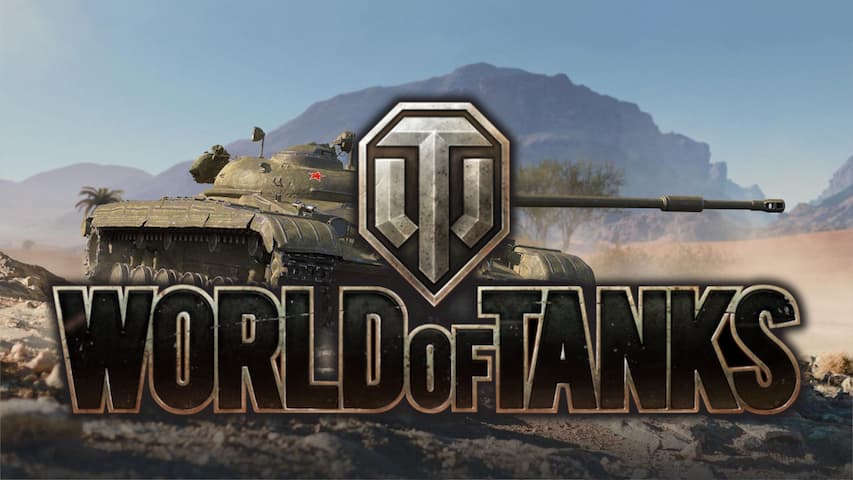

Recent Posts
2583 Words | February 8, 2026
2716 Words | December 28, 2025
3211 Words | December 12, 2025
1515 Words | October 30, 2025
7804 Words | October 3, 2025